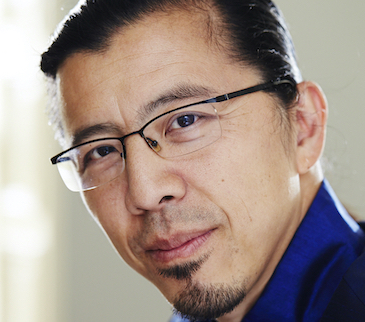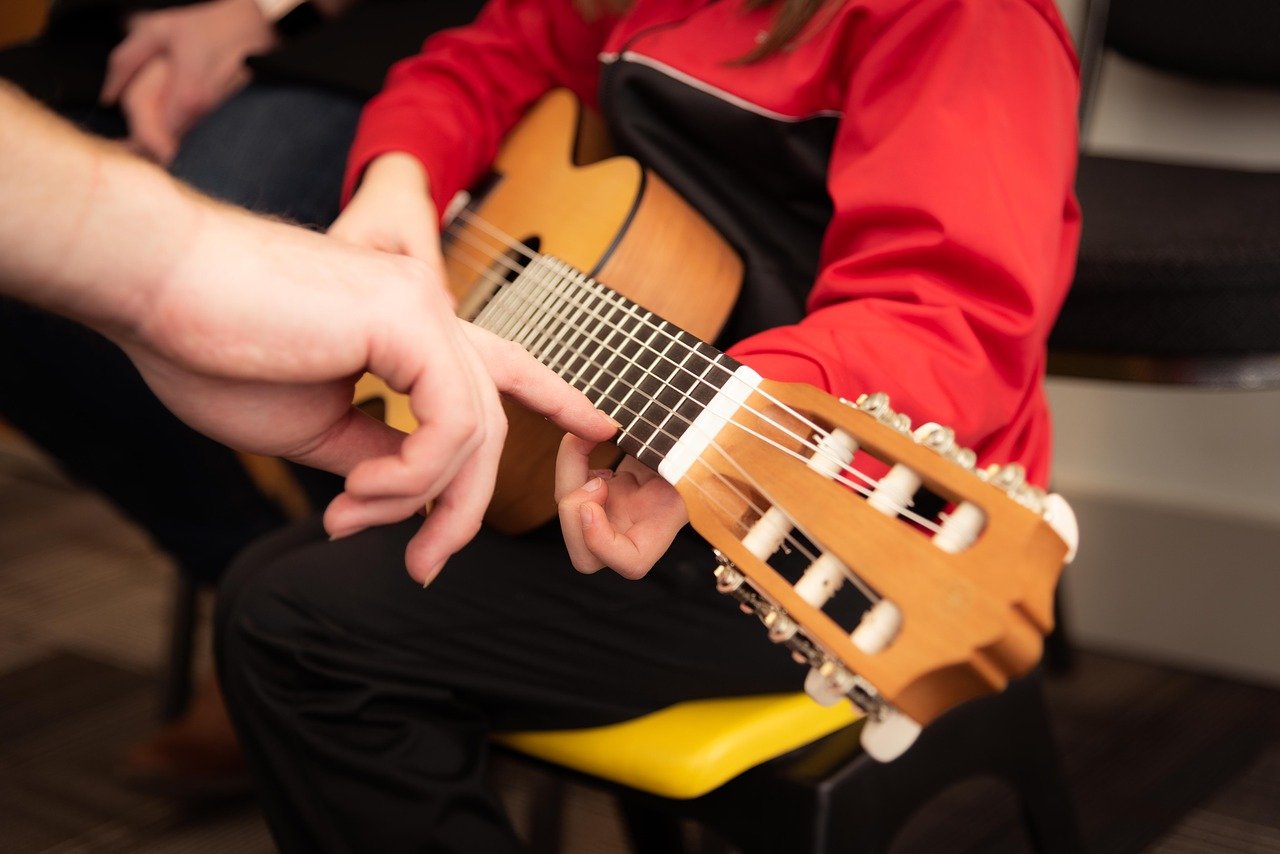I grew up in the soviet music education tradition where you were supposed to take lessons only with your teacher and not play for other teachers unless you had a permission to do it. Trial lessons were not encouraged and picking the best music teacher was very difficult. If you decided to switch your private teacher it was a messy affair and usually your relationship with the old teacher was spoiled for many years, sometimes even forever.
Things in the US are very different and taking a trial lesson or two is a common practice. Picking the best music teacher can still be a very difficult task.
I have taken lessons with many famous piano teachers during my education, to name few – Alexander Toradze (4 years), Mark Zeltser (1 year), Oxana Yablonskaya (1 week masterclass), Igor Zhukov (2 week masterclass), Igor Lazko (1 week masterclass) and single masterclasses with Jerome Lowenthal, Nikolai Petrov, and many more teachers . I have also worked as an accompanist in multiple colleges and observed many vocal and instrumental professors work.
I have come to a conclusions that you can divide good teachers in basic three groups.
The vast majority of teachers are very good at telling you WHAT to improve in your piece. They might tell you to fix a fingering in a certain spot, change dynamics, read the score more precisely etc. You will sound better after a lesson with such a teacher. That is definitely helpful but I do not think it really helps you to become a better musician once you are on your own. You will always need to do more lessons to constantly get adjustments, because you will not really understand HOW and WHY the adjustments are made.
The second group of teachers, which are much harder to find will tell you exactly WHAT and HOW to fix in your piece or your playing in general. They will change your fingerings, change your hand position, explain how to improve your embouchure, bow position, hand position etc. These directions will definitely improve your playing and hopefully you will be able to apply these very valuable ideas to your next pieces.
The last group of teachers, which are extremely hard to find will tell you WHAT, HOW, and WHY to fix and improve. Almost no teacher is willing to explain WHY they are doing certain things. That is something most musicians try to figure out on their own. If you are able to find a teacher belonging to the third group, learn as much as possible. These teachers usually come across once in a lifetime.
Challenging passage.
For example, you have a challenging passage in your piece and you are struggling with it. A good teacher will tell you WHAT to practice. He/She will suggest to do different rhythm patterns, gradually increase speed, and some other suggestions. Over time you will get better at it.
A great teacher will tell you HOW to improve the passage. It might mean differing fingerings, position of the hand, grouping of notes, breathing for wind instruments, bowing for string instruments etc. It will be very specific suggestion which will definitely help you speed up the process and will almost guarantee success in this passage. Hopefully you will be able to apply this information to your playing in general and not only to the passage.
The best teacher will also explain WHY you should change the specific approach. You will understand the problem completely and apply the same principle to your playing in general. This will improve your playing, for sure.
Read this article A New Practice Method: Learning Backwards
Interpretive suggestion.
Another example could be regarding an interpretive suggestion.
For example, in a soft section of a piece a good teacher will suggest to play in “mysteriously”. They will ask you to play it that way and possibly demonstrate how it is supposed to sound. You will do your best to copy the sound and hopefully you will arrive at the desired sound.
A great teacher will tell HOW to achieve the mysterious sound. It might be using a different part of your finger on a piano, hand position, fingering, and any other suggestion. You will know exactly how to achieve the desired sound.
The best teacher will also explain WHY they are playing this section mysteriously. It might be an unexpected harmonic change, phrase structure, overall reading of the piece. You will be able to apply this technical and interpretative knowledge to other pieces you play.
Naturally talented teachers.
Sometimes picking the best music teacher doesn’t mean to study with the most famous teacher.
Many famous teachers become well known because of their performing careers. They are amazing performers because they had great teachers, worked really hard, and very often have a huge natural ability.
It is of course beneficial to have lessons with such teachers, but you have to be aware that a lot of their greatness comes from their natural talent and hard work. They can definitely teach you how to work very hard, but they cannot give you their talent.
I find that the best teachers are the ones who can play at a very high level but are not extremely talented. In these cases they have to rationally figure out how to become better players and they can pass that knowledge to others. These teachers usually do not have huge performing careers because it takes them much longer to become great musicians since they have to arrive to the greatness through trial and error, rational thinking, and hard work.
The most famous musicians are usually great performers at a young age and their talent has played and oversized roles in their development.
If you find this article about picking the best music teacher helpful, please share it on Social Media.

Rudolf Ozolins
Rudolf Ozolins holds a DMA in piano performance from Michigan State University. He has a well-established piano studio in Detroit Metro Area. Rudolf works as an accompanist at Oakland University with Flute studios of Sharon Sparrow, Jeff Zook, and Amanda Blaikie. He actively concertizes as a chamber musician.



Comments are closed.